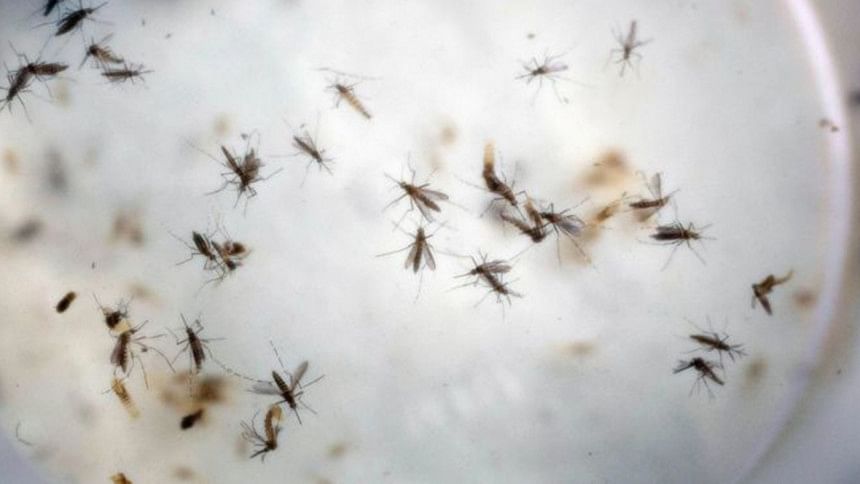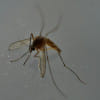Zika 'might cause' neurological disorder: study

New research gives the first evidence that Zika virus might cause a severe neurological disorder called Guillain-Barré syndrome.
The study was carried out using blood samples from 42 patients who became ill in a previous outbreak.
The Lancet authors say they developed the neurological problems around six days after Zika infection.
Leading scientists described the study as "compelling".
Zika was declared a public health emergency of international concern by the World Health Organisation (WHO) in early February.
The virus, which is transmitted by mosquitoes, has caused alarm in central and south America because of its suspected links to under-developed brains in babies - a condition called microcephaly.
But experts have also questioned whether Zika might be linked to another medical condition as well.
Guillain-Barré syndrome leads to muscle weakness and, in severe cases, breathing problems requiring intensive care.
It is a rare response to infection, which sees the immune system attacking peripheral nerves.
Researchers analysed the blood of patients who developed the disorder during a Zika outbreak in French Polynesia in the Pacific two years ago.
From this work, they predict there could be one case of Guillain-Barré among every 4,000 people falling ill with Zika.
The lead author Professor Arnaud Fontanet, from the Institut Pasteur in Paris, said: "These patients tended to deteriorate more rapidly than we usually see with Guillain-Barré.
"But once they were over the acute phase of the illness, their recovery tended to be better."
None of the 42 patients died but some still needed help walking, several months after they became ill.
The researchers say countries with Zika should prepare for extra cases of the nerve disorder.
'DON'T BE FRIGHTENED'
Professor Hugh Willison, from Glasgow University, told BBC News: "On an individual level, we shouldn't be frightening people into thinking that if they get Zika infection they'll automatically get Guillain-Barré - because the risk is actually rather low.
"But if a million people get infected with Zika, that's hundreds of unexpected cases of Guillain-Barré."
Figures from the WHO show that Brazil, Colombia, El Salvador, Surinam and Venezuela have all reported increased numbers of cases of the syndrome in recent weeks.
Dr Jeremy Farrar, director of the Wellcome Trust, said: "This study provides the most compelling evidence to date of a causative link between Zika and Guillain-Barré syndrome.
"The increase in reported cases seems to suggest that a similar situation may be occurring in the current outbreak, although the link here is yet to be proven definitively.
"The scale of the crisis unfolding in Latin America has taken us all by surprise, and we should be prepared for further unforeseen complications of Zika virus infection to emerge in the coming weeks and months."

 For all latest news, follow The Daily Star's Google News channel.
For all latest news, follow The Daily Star's Google News channel. 







Comments